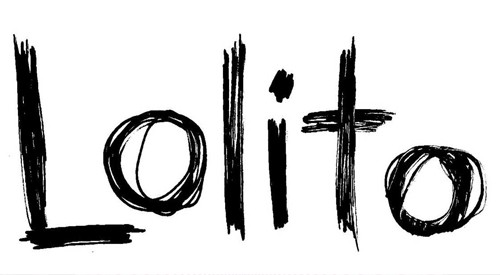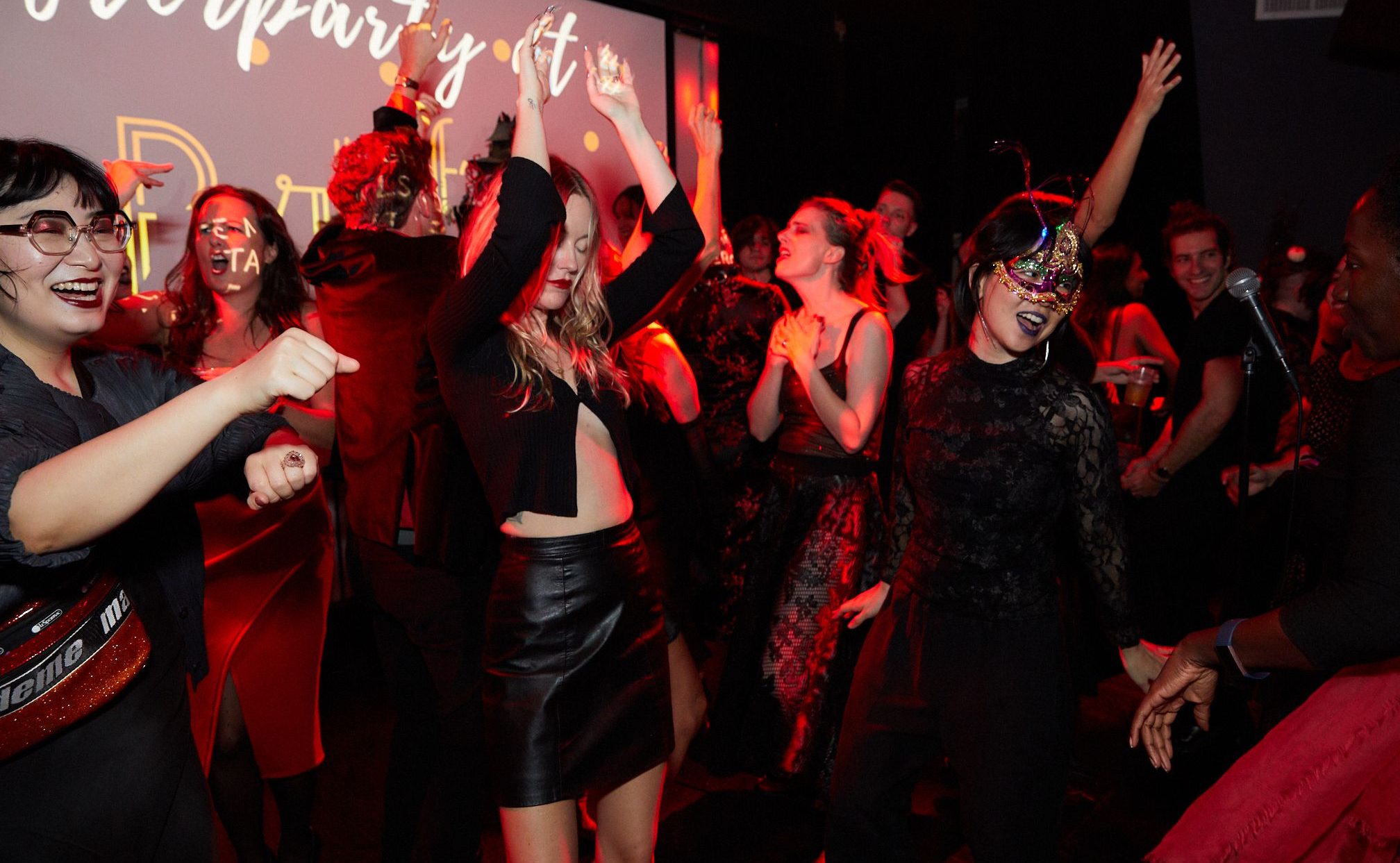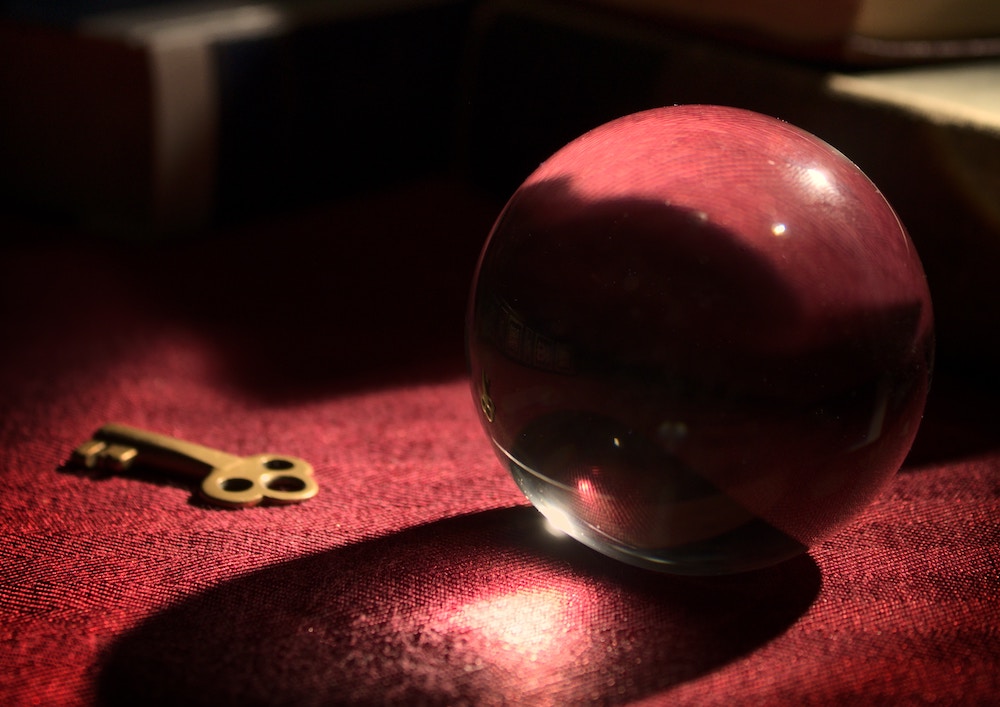news
Handwritten James Joyce Letters Sold in Auction

In a day and age when any handwritten letter is practically vintage, two of James Joyce’s rare correspondences have managed to sell for more than ten times their guide price. The minimum bid at the RR Auction in Boston was $2,500, but Joyce’s letters sold for a whopping $24,650.
According to The Guardian, the first letter’s recipient is an “Irish admirer” who praised Ulysses. It’s dated November 1st, 1918, and while first thanking his admirer, Joyce primarily outlines his difficulty finding printers willing to publish installments of the novel. Fearing more “obscenity” charges, specifically related to the Nausicaa Episode, no UK publisher released Ulysses until 1936.
A complete edition of Ulysses, however, was published in Paris in 1922; Joyce’s biographer Gordon Bowker explains that “British writers found it easier to publish in France where English obscenities were either overlooked or just not understood.” Paris in the early twentieth century was a rollicking, liberating time for writers of many nationalities, including Edith Wharton, Langston Hughes, George Orwell, Rainer Maria Rilke, Gertrude Stein, Ernest Hemingway, F. Scott Fitzgerald, and of course James Joyce.
In Joyce’s second letter, dated June 1st, 1919, he seems to be similarly troubled. Mark Traynor, managing director of the James Joyce Centre in Dublin, acknowledges that the value of these letters had much to do with being written during a “fascinating period” in Joyce’s writing career, when he “was under considerable stress both financially and in terms of his health, all the while writing a book that appeared to have all the odds stacked against it.”
One might fantasize that the letters are actually streaked with Joyce’s ancient blood, sweat, and tears. (Why else would it sell for so much money? Just a thought…) If letters written during periods of “considerable stress” are most valuable nowadays, then perhaps our contemporary college students should consider writing detailed, anguished handwritten letters about their attempts to read Ulysses — and subsequently, their attempts to write articulate essays about the novel for their literature courses. Think of the profits!









